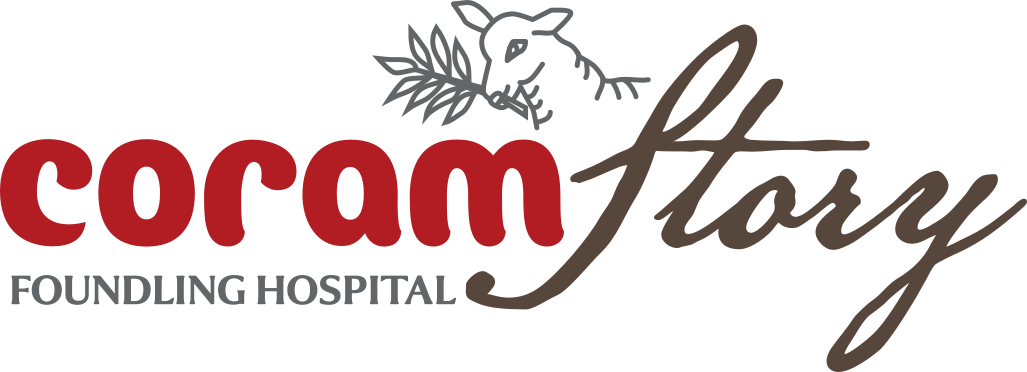Throughout its history, the Foundling Hospital housed a great number of disabled children and offered them the same level of care as their non-disabled peers. The Hospital admitted Foundlings with both visible and invisible disabilities and gave them extra support where possible, for example, prosthetic limbs, learning aids, and external treatments. Some disabled Foundlings were assigned to others to provide them with additional support, such as Ann Lyon (No. 16135) who had a physical disability and helped the girls with learning difficulties.
Many disabled Foundlings stayed on at the Hospital into their adulthood, largely because they were identified as ‘unfit to be apprenticed’ by the Governors due to the extra support they required. They continued to be housed and cared for in return for their work. These Foundlings were often employed as household servants, such as in the laundry or in the garden. Some blind Foundlings were employed as professional musicians in the chapel or as music teachers for the other Foundlings. In the 18th century, disabled Foundlings who could advocate for themselves or who brought in extra funding to the Hospital received a wage, but others did not. This changed in the 19th century so that all were paid.
In a world that was unwilling to accommodate disability or offer opportunities for people with disabilities, the Foundling Hospital recognised a duty of care towards the disabled community under its roof and gave them both independence and security.
Want to learn more about our disabled Foundlings? Read their stories below:
Watch the video below to learn more about this topic from our Voices Through Time Archivist, Beck Price. If you can’t see the film, you will need to enable ‘Marketing’ cookies by using the icon in the bottom left.
Banner image credits:

